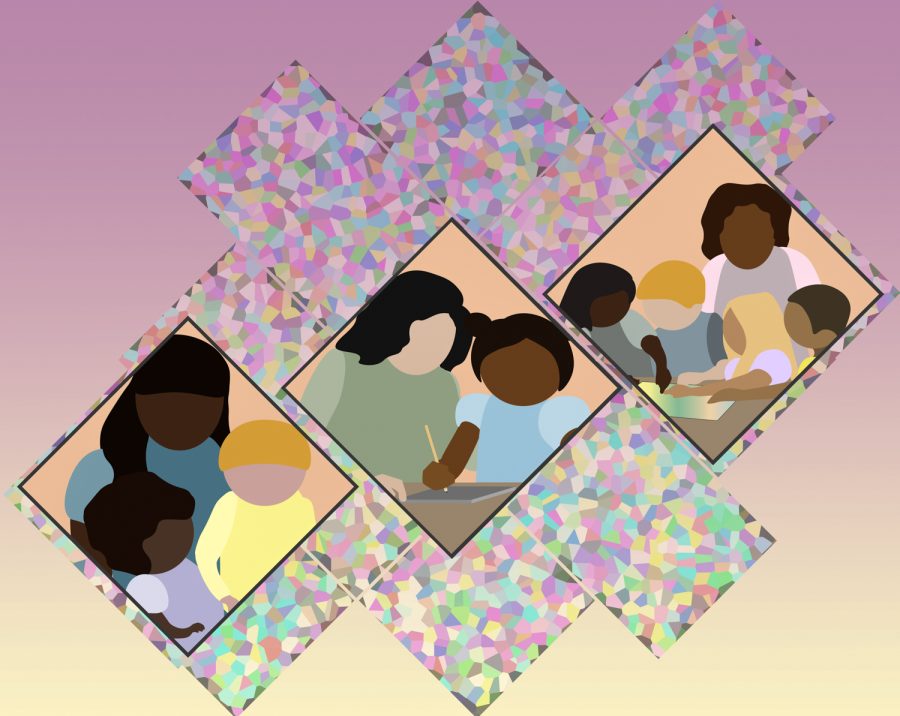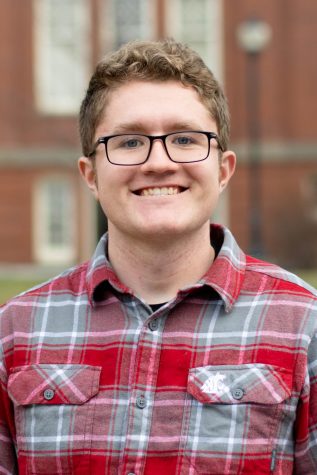WSU Vancouver professors amplify underrepresented workers stories
Team highlights family home childcare providers experiences
WSU Vancouver team shares presentation on child care providers in “Cuidado pandémico: Nuestras fotos, nuestras historias.”
March 11, 2022
Monday, as a part of the Feminist/Queer Dialogue Series, Elizabeth Soliday, professor of human development and academic director at WSU Vancouver’s College of Agriculture, Human and Natural Resource Sciences, led a Zoom audience through a presentation of her team’s research.
Other members of the team included Cassandra Gulam, associate professor of Spanish language and culture for WSU Vancouver, Harrison Higgs, associate professor of fine arts, and Maria Galindo-Cordova, WSU Vancouver sophomore humanities major.
The presentation, titled “Cuidado pandémico: Nuestras fotos, nuestras historias”, or “Pandemic Care: Our Photos, Our Stories”, highlighted research on family home childcare providers and their role in the pandemic.
While childcare centers saw a large number of closures from the effects of COVID-19, according to the research, family home childcare providers continued to support those dependent on their services. The vital role they played was largely absent from the public eye.
The research Soliday’s team conducted, hopes to amplify workers’ voices and illustrate the struggles that they faced during the pandemic. The project also raises awareness of the impact family home childcare providers played on young children’s and family lives, Soliday said.
The project was loosely based on the model of the American Life Histories: Manuscripts from the Federal Writers’ Project started in 1935 as a response to the Dust Bowl and the Influenza Pandemic. Using this model, Soliday and her team interviewed family home childcare providers from various counties around Washington. A majority of the interviewees were women and either worked long/nontraditional hours or came from a diverse background.
The team provided research materials and conducted interviews in English or Spanish, whichever each interviewee was most comfortable with. On top of these interviews, they asked participants to select photos under the following prompt – share a photo that reminded you of your work in the past year, Soliday said.
These images were used in a method called photo elicitation, which uses visuals to evoke past experiences or events, according to Douglas Harper’s study, “Talking about pictures: A case for photo elicitation”. The photos, materials and interviews were then collected and transcribed while interacting with the participants the whole time.
The research helped to identify what support family home childcare providers needed to continue to thrive. The results include better internet access, better online booking infrastructure. The research team recommended adding in salary subsidies as well.
Soliday and her team want to use the research to advocate for family home childcare providers and they hope to meet professional stakeholders and policymakers soon, she said.
Additionally, the team hopes to pursue further interactions with the community to help spread awareness about the research. While Soliday hopes to get the participants of the research involved, there is difficulty due to the long and nontraditional hours they work.
The team hopes to develop a website, Soliday said. The website will grant access to pictures highlighted in interviews and information about the study.










